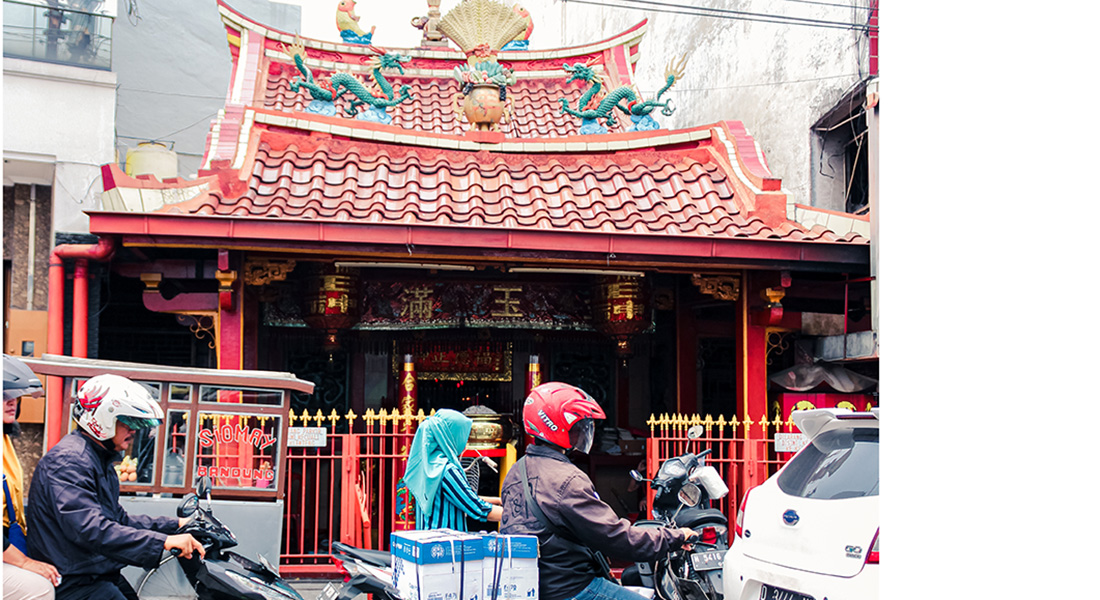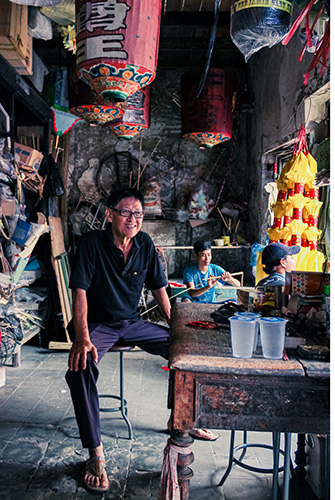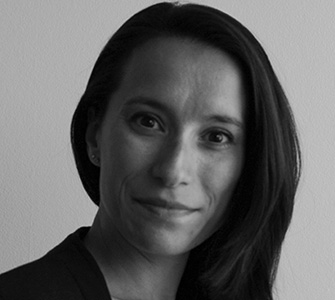Fluid and Fixed: Chinese Indonesian Identity at Work
PhD defence
Tirza Julianne van Bruggen
 Abstract
Abstract
From a legal perspective, all Indonesian citizens born in Indonesia and who have never assumed foreign citizenship of their own free will are now considered ‘indigenous’ Indonesians (orang-orang bangsa asli) under Citizenship Law 12 of 2006 (Undang Undang No. 12 Tahun 2006 tentang Kewarganegaraan Republik Indonesia). In addition, the notions that Chinese Indonesians ‘naturally’ exist as an identity category in Indonesia or based on shared, geographical origins are unstable from an empirical perspective as well. Moreover, those people conceived of as ‘Chinese Indonesian’ in present-day Indonesia observably do not necessarily share ‘a culture’, political orientations or economic background either.  Nevertheless, the presence of ‘Chinese Indonesians’ in contemporary Indonesian society continues to be conceived of as ‘naturally’ real, obvious and even as based on some form of stable economic, political and/or cultural ‘sameness’. In extension, identifying or being identified as Chinese Indonesian also demonstrably continues to have tangible consequences to people their chances and opportunities in life.
Nevertheless, the presence of ‘Chinese Indonesians’ in contemporary Indonesian society continues to be conceived of as ‘naturally’ real, obvious and even as based on some form of stable economic, political and/or cultural ‘sameness’. In extension, identifying or being identified as Chinese Indonesian also demonstrably continues to have tangible consequences to people their chances and opportunities in life.
In this dissertation, I empirically study how and why this is so – i.e. how and why the notion of a shared, Chinese Indonesian identity amongst people is (re)created and continues to remain conceived of as inevitably ‘real’ and which consequences this has for people their lives in the post-New Order era (1998-present) in Indonesia and why. In doing so, I draw on theoretical insights on ‘identity’ from various academic disciplines, including philosophy, sociology and anthropology. Moreover, my analysis is based on historical as well as contemporary empirical data. In conducting this investigation into historical processes, social changes and contemporary practices in Indonesia, I fundamentally argue, firstly, that the Chinese Indonesian identity in Indonesia is demonstrably fluid because it is changeable over time and between contexts and, as such, only becomes real through everyday practices and in social relations. However, secondly, I also argue that, in practice, it is fixed, as it is conceived of, treated and experienced as if it were ‘naturally’ real and stable over time and, in extension, does actually have real-life consequences for people and their lives.
Supervisor
Professor Christian Lund, Department of Food and Resource Economics (IFRO), University of Copenhagen, clund@ifro.ku.dk
Co-supervisor
Associate Professor Michael Eilenberg, Department of Sociology and Anthropology, Aarhus University, michael@eilenberg.dk
Assessment Committee
Chair:
Associate Professor Mattias Borg Rasmussen, Department of Food and Resource Economics, University of Copenhagen
Committee members:
Professor Lotte Meinert, Aarhus University
Professor, Emeritus Gerry van Klinken, University of Leiden
Master of Ceremony
Associate Professor Thorsten Treue, Department of Food and Resource Economics, University of Copenhagen
Request a copy of the thesis
If you are interested in a full copy of the thesis, please contact the PhD student or the supervisors.
Tirza van Bruggen

